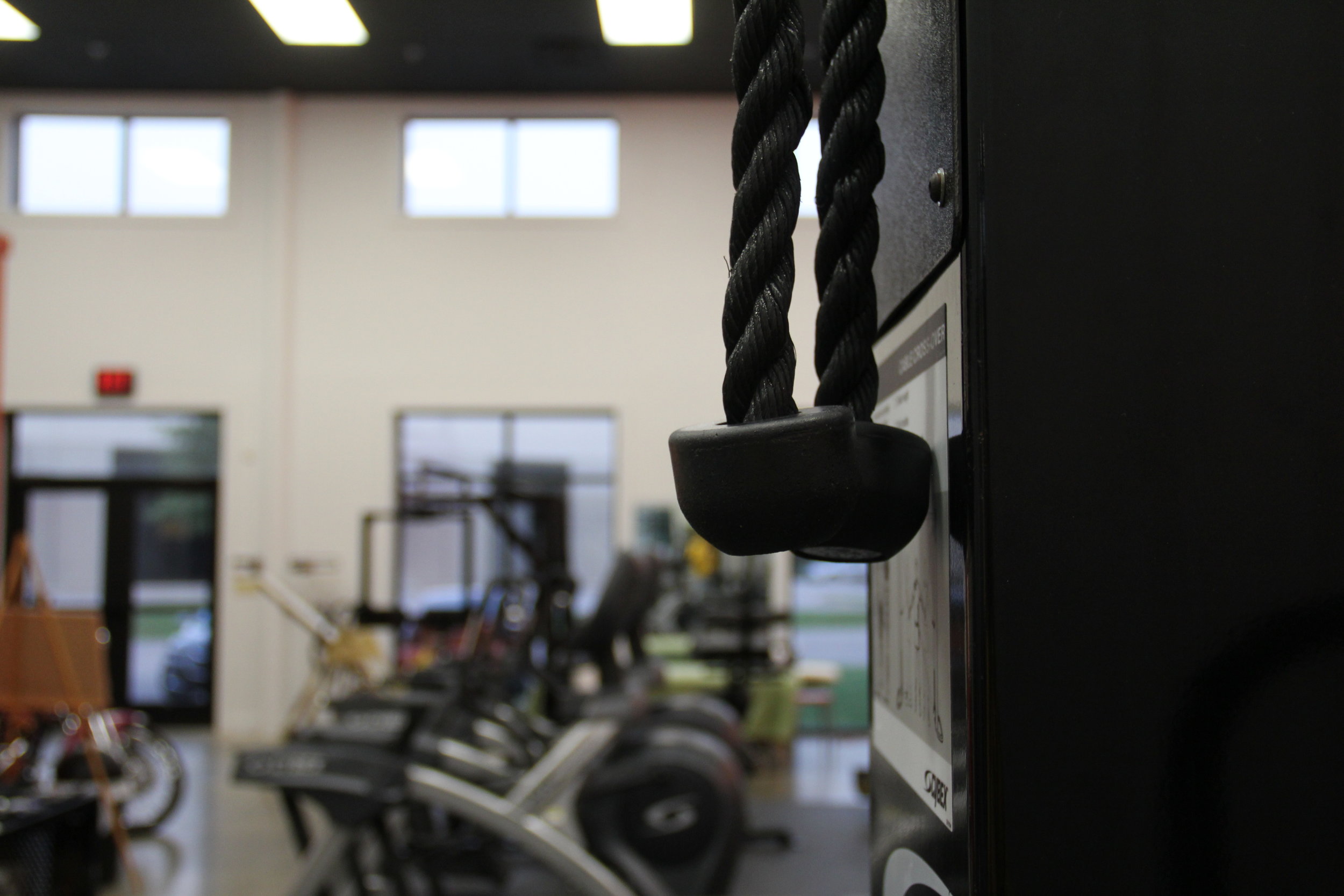What is Exercise Physiology?
It is the study of the acute responses and chronic adaptations to a wide range of exercise conditions. Exercise physiologists study the effect of exercise on pathology, and the mechanisms by which exercise can reduce or reverse disease progression. Our expertise in physical fitness training, raises the bar on the concept of performing aerobic and resistance interval training. Incorporating knowledge gained over the past twenty decades along with education and certifications acquired from accredited learning institutions, the interval-approach performed is called “Fusion Training.” Fusion Training is the use of appropriate aerobic and resistance exercises, exercise intensities and rest intervals. Therefore, you are gaining body strength and heart strength with each session! Fusion allows for the selection of specific primary energy systems during training which results in a more efficient and productive exercise session. In this type of training, the required exercise intensity (power output) that is attained during each exercise session is much greater than the maximal power output that can be sustained in using the same energy source alone. Fusion Training is using physiology proficiency!
What do Exercise Physiologist do?
Exercise physiologists analyze their patients’ fitness in order to help them improve their health or maintain good health. They help patients with heart disease and other chronic conditions, like diabetes or pulmonary (lung) disease, to regain their health. They also work with both amateur and professional athletes who are hoping to boost their performance.
Using the ACSM Oxygen Uptake Exercise Assessment and other evaluation tools, the exercise physiologist evaluates a patient’s cardiovascular function and metabolism and then designs a fitness plan that will meet the patient’s goals and/or needs, including building endurance and strength and increasing fitness and flexibility.
Autism exercise specialist
Autism Spectrum Disorders are the fastest growing disability in the world; 1 in 68 children are diagnosed and there is not a cure. Most parents, educators and even autism professionals are unaware of the positive impact of exercise on autism. The ACSM Autism Exercise Specialist uses evidence-based teaching practices for those with Autism. Bridging the Gap with the ASD population, evidence-based exercise increases confidence, improves focus, reduces autism symptoms and establishes a lifelong healthy habit.
Kinesiology
Titleist Performance Institute
Sport Specific Training





